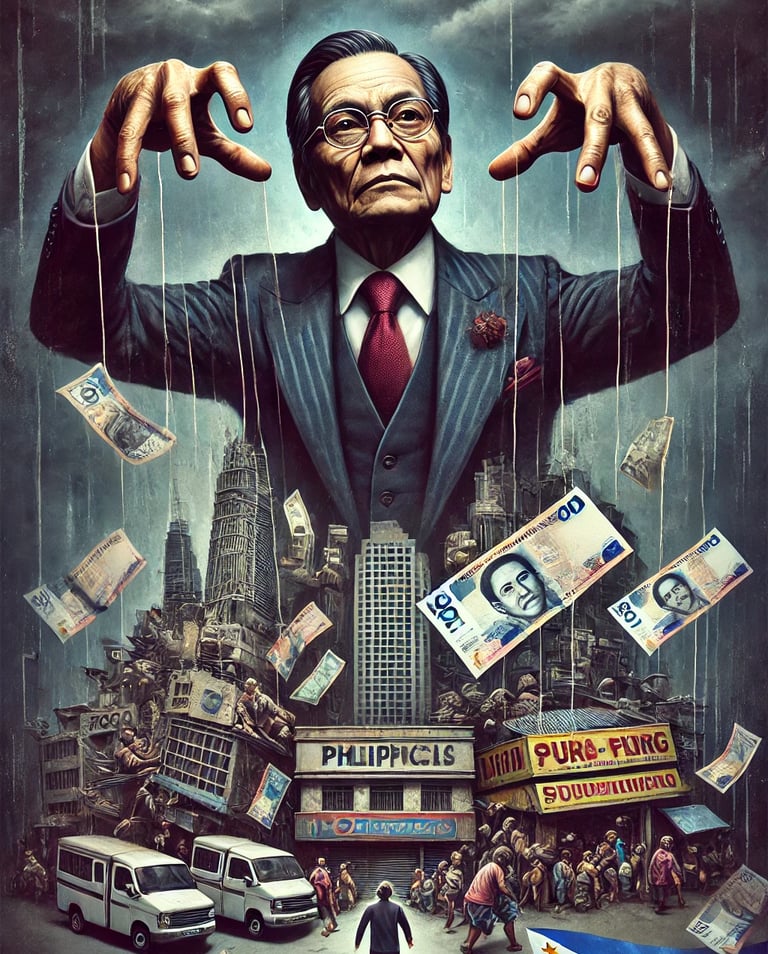🚨 Who’s Blocking Binance in the Philippines? What It Means for Financial Freedom
MARKET NEWS
The Favoring of Online Gambling Over Traditional Investing
Despite the negative repercussions of gambling addiction, online casinos are gaining acceptance and attention in the Philippines. They claim to generate revenue and employment, yet the impact on everyday individuals can be detrimental. The financial exclusion forced upon potential investors stifles their opportunities for wealth accumulation while simultaneously allowing gambling platforms to flourish, indicating a warped prioritization of regulatory focus. This situation leads to the concentration of wealth among a select few, further widening the income disparity in the nation.
Empowerment Through Financial Literacy and Accessibility
To break free from the cycle of financial exclusion, it is crucial to empower Filipinos with comprehensive financial literacy. Education plays a pivotal role in equipping individuals with the necessary skills to navigate complex financial landscapes and to understand the value of investment tools. By promoting awareness and understanding of investment possibilities, citizens can gain the insights required to make informed decisions.
Furthermore, advocating for fair access to trustworthy platforms is essential. By implementing policies that favor financial inclusion rather than exclusion, the government and financial regulators can help democratize investment access. Automation, combined with the right educational frameworks, can yield significant benefits. Automated services can simplify investing processes, making them user-friendly and accessible to all, rather than a select elite.
In conclusion, addressing the dual challenges of financial exclusion and gambling addiction is paramount. By shining a light on the powerful interests favoring online casinos over investment platforms, we can incite a crucial dialogue about priorities in financial regulation. The way forward lies in embracing financial literacy, supporting fair access to investment tools, and utilizing automation to democratize investing, ultimately fostering a healthier economic environment for all Filipinos.




